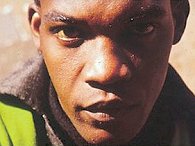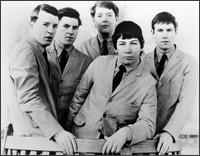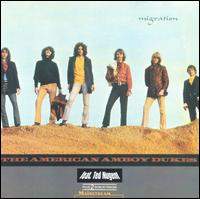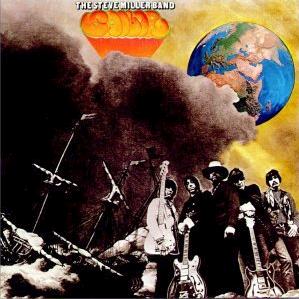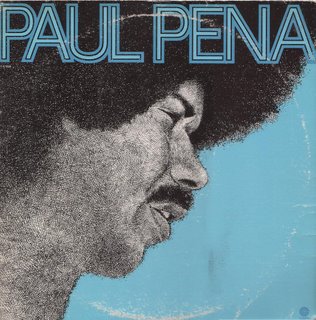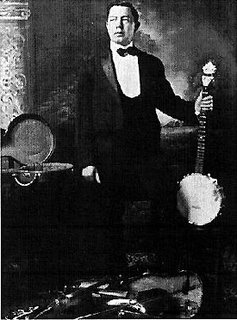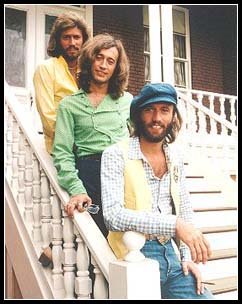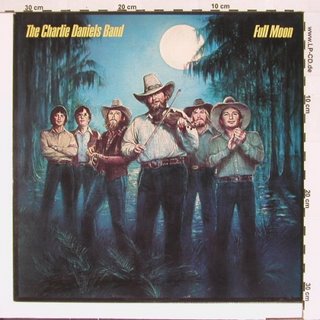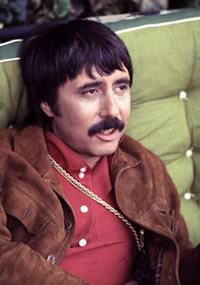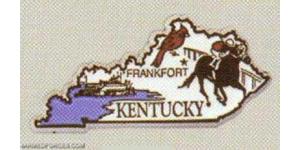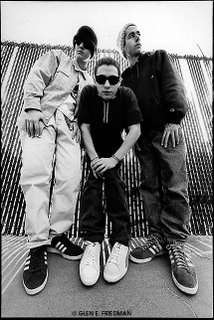
An
inverse relationship is a mathematical relationship in which one variable decreases as another rises. For example, there is an inverse relationship between education and unemployment. That is to say that as public education increases, the rate of unemployment decreases. What I submit to you today is this: As the Beastie Boys experienced an increase in morality, they experienced a decrease in quality musical output. So there is an inverse relationship between their morality and their music. Morality is defined as dealing with what is right and what is wrong. So in 1986, when the Beastie Boys released
Licensed To Ill, they expressed a low morality in the eyes of many people as they were wrong to revel in the following: binge drinking, pornography, smoking cigarettes, robbing people of their jewelry, taking drugs, shooting people and using women just for sex or household chores.
It was also an incredibly good album. Producer Rick Rubin and the Beasties made the perfect blend of classic rock and hip hop.
I was in high school when this album came out, and I remember thinking the Beastie Boys were our Sex Pistols of the 80‚’s. Like the Pistols, the Beasties toured the South, much to the distress of the Red Staters. I remember reading in the local newspaper that there was a lot of controversy about the tour, which included a huge inflatable cock and lots of sprayed beer. It was some real Malcolm McLaren-style marketing genius to send the Boys to places like Corpus Christi, TX, with a huge bouncing cock and cans of Budweiser, playing this new urban music and advocating all types of gonzo behavior.
So then the Beasties calmed down a little and made the great album
Paul’s Boutique in 1989. They still talked about guns, stealing and drugs, but they seemed to get some distance from the pure advocacy of these things by using more pop culture references. So the track High Plains Drifter becomes more like the movie it name checks, where the rappers can take on the persona of a bad guy in a film and not come off like they're bragging about what they do in the real world. Also, the overt sexism is done away with, and it‚’s replaced by a more pleasant fascination and celebration of women.
Then
Check Your Head came out in 1992. For me this is their best album, and their last great album. This was the pivot point, where the music was still great, but it also reflected the Buddhist beliefs of Adam Yauch. Here the Beasties meditate and wish for peace between the races in a very stony mix. Somebody said this is the album where they stopped drinking cheap beer and started smoking expensive weed.
Ill Communication came around in 1994. You’ll hear some great tracks on this one, but it seems to run too long. On the upside it sounds like a sequel to
Check Your Head. The morality increases here, with songs about destroying handguns, respecting women and respecting the environment. Around this time Adam Yauch writes in
Grand Royal magazine that he doesn’t smoke weed anymore.
Then in 1998
Hello Nasty was released. They tried. There’s a good track or two, but mostly it’s too long. Lefty gave me his copy, as he didn‚’t want to deal with the record. I’ve listened to it a few times. I think it’s around this time that the Beasties try to convince Prodigy not to play ‚“Smack My Bitch Up” at a benefit show. Prodigy refuses. A few years later, right after 9/11, the Beasties go on MTV to tell people to calm down and not retaliate against Middle Eastern people on the street. At this point the Beasties are now activists for peace and understanding, willing to use their celebrity status for the good of humankind. It’s been many years since they’ve made a great record.
Then in 2004
To The 5 Boroughs comes out. Another decent try. This time, more minimal, more old school. But aside from a pretty good single, the record just doesn’t work. Even their longtime advocates at
Spin magazine are mocking them by this point. I remember opening
Spin and seeing a photo of Mike D on stage pointing two index fingers out to the crowd. The caption reads: ‚“Mike D points to the two people who liked
To The 5 Boroughs.‚” Ouch.
What this all means I don't know exactly. Good intentions often lead to bad music, but I still haven’t given up on the Boys. At least they didn‚’t write We Are The World.
Beastie Boys - High Plains DrifterBeastie Boys - Something's Got To GiveBeastie Boys - Sure Shot
